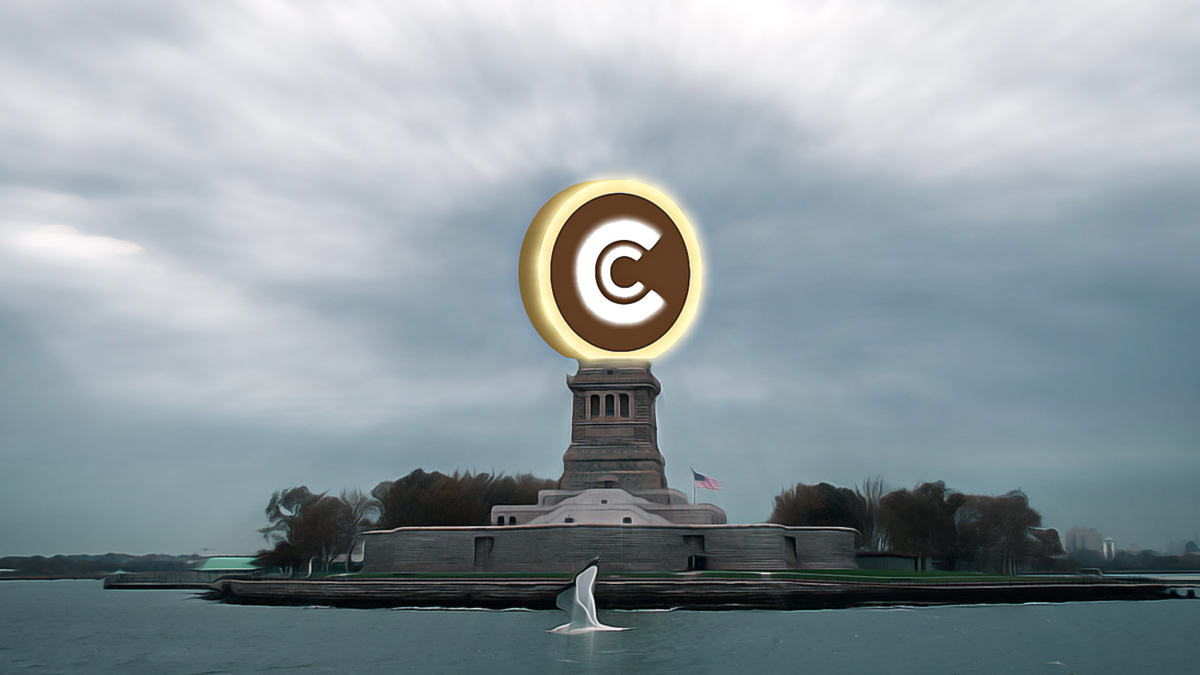The new tariff regulations implemented by President Trump raise concerns about significant changes in the U.S. economy. The imposed taxes increase the costs of imported products, particularly putting pressure on technology companies.
Economic Implications of Tariffs
According to the new regulations, a fixed tax rate of 10% is applied to imported goods, with varying rates set based on the country of origin. For imports from China, cumulative tax rates can reach as high as 54%. This situation poses a risk of increasing production costs for technology firms that depend heavily on foreign inputs.
Moreover, the inflated prices of technology companies, driven by hype surrounding artificial intelligence, may face a “valuation correction.” This could lead to abnormal losses for tech stocks, while industrial shares might remain more stable.
They Must Adapt
Industry experts indicate that these tariffs are likely to compel technology companies to reassess their business models. Notably, large firms like Apple may increasingly pass on the rising production costs to consumer products.
Dan Ives: “If tariffs continue, serious cost increases for technology firms are inevitable. This situation could cause significant disruptions in the supply chain.”
Analyst Dan Ives expresses concerns that the tariffs could have devastating long-term effects on the sector. Companies may be forced to raise prices under cost pressure, negatively affecting demand. This scenario could heighten challenges in the competitive landscape.
Dan Ives: “If the current situation persists, we will see a demand contraction of about 15 to 20%.”
Additionally, it is anticipated that the tariffs will ultimately be passed on to consumers. The increase in product prices could lead to higher costs for daily consumption. These developments could cause shifts in various sectors of the economic balance, leaving the Federal Reserve in a more desperate position amid rising inflation and recession concerns.
As these statements raise uncertainties regarding the sector’s future, they indicate a need for firms to undergo strategic restructuring. According to analysts, the measures and strategic moves taken could significantly impact the reshaping of competition within the industry. The long-term consequences of tariffs may challenge the balance of production and supply chains.

 Türkçe
Türkçe Español
Español








